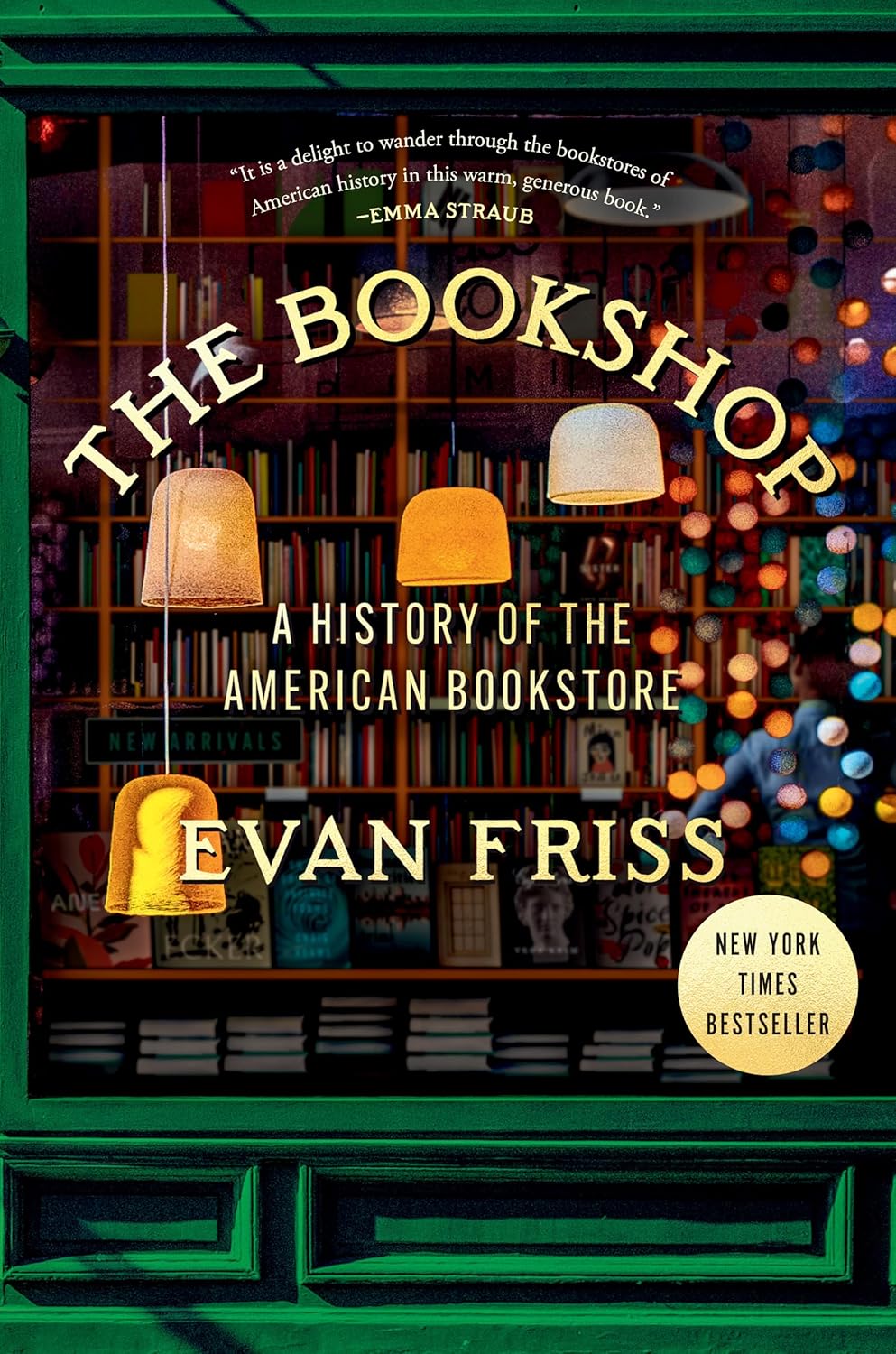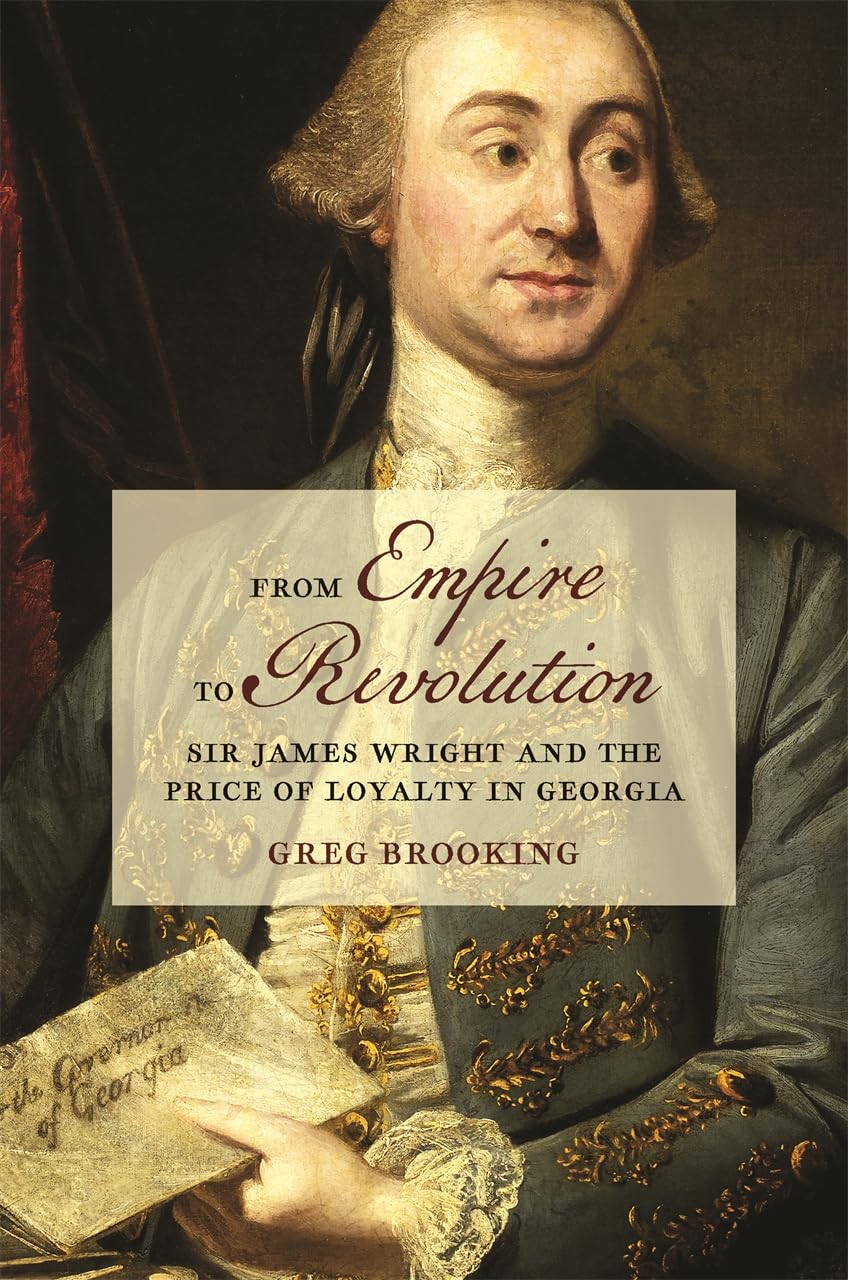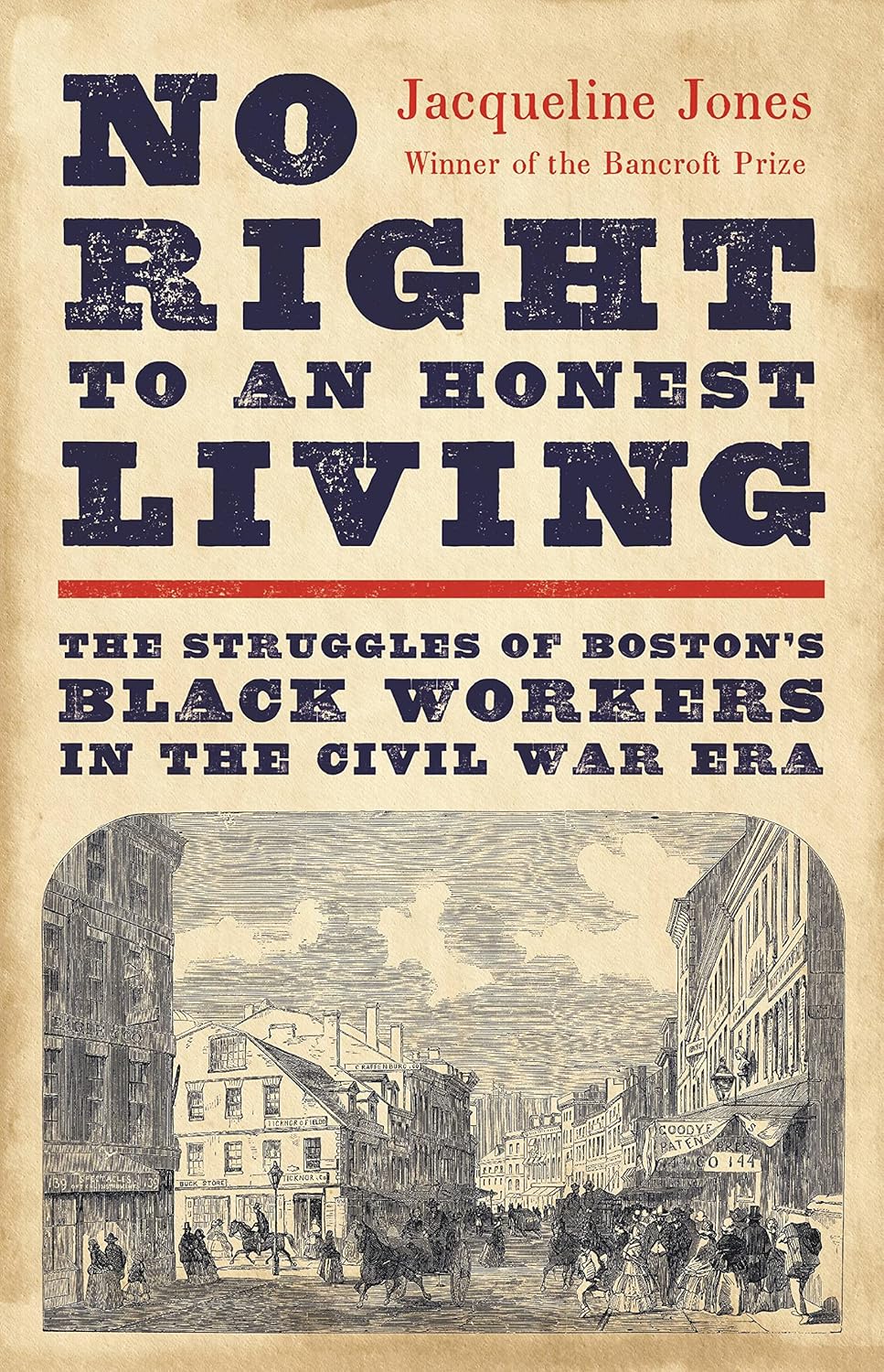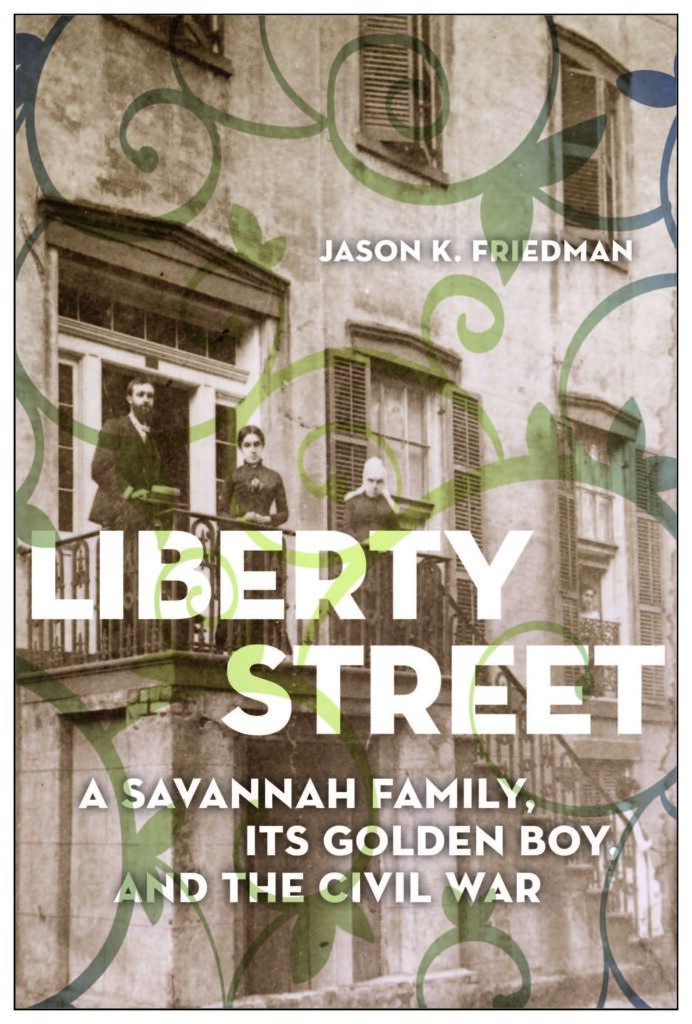Stan’s guest this week is historian Evan Friss, author of the bestselling new release, The Bookshop: A History of the American Bookstore, which has been getting rave reviews in national publications. The story begins with Benjamin Franklin’s first bookstore in Philadelphia and takes us to a range of booksellers including the Strand in New York, Chicago’s Marshall Field & Company, the Gotham Book Mart, specialty stores like Oscar Wilde and Drum and Spear, sidewalk sellers of used books, Barnes & Noble, Amazon Books, and Parnassus. “A thoroughly engaging, delightful excursion into the wondrous world of books.”





